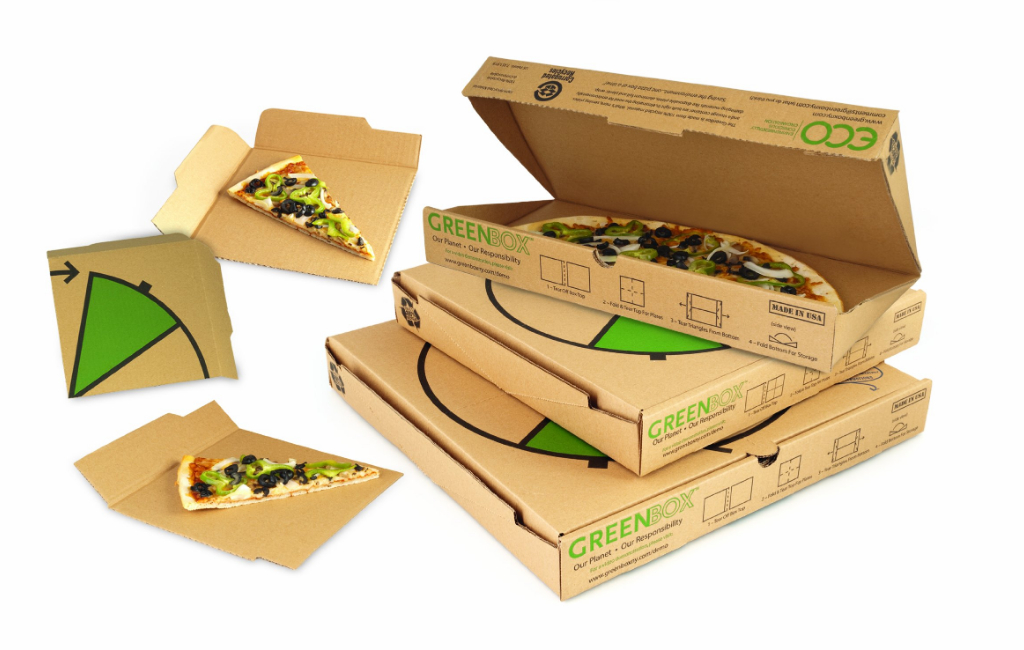Napwell Alarm Clock Mask
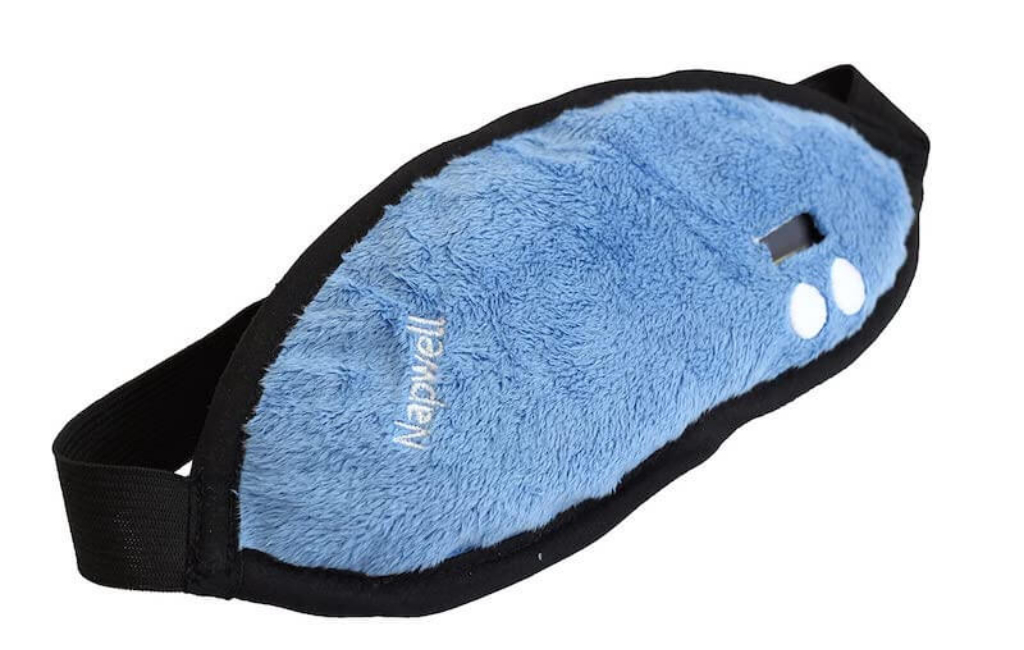
NO DEAL
EPISODE SUMMARY
🕓 Air Date: January 16, 2015
Asking For:
$100,000 for 10%
Investor:
No Deal
Deal:
No Deal
PRODUCT SUMMARY
NAPWELL is the world's first napping mask designed to optimize naps by mimicking a sunrise and gradually waking users, preventing grogginess.
WATCH HERE
IN A RUSH?
Click these to jump to the section you want to read.
Background Story
Neil and Justin, co-founders of NAPWELL, share a unique background that shaped the development of their innovative product. They first crossed paths at a 7th-grade “nerd camp,” where Neil’s focus was on learning Pascal, an old computer-programming language, while Justin delved into medicine. Despite their initial camp connection, the two ended up pursuing separate academic paths. Neil attended Stanford on the West Coast, exploring computer programming, while Justin ventured to MIT, where he majored in physics and biology, later obtaining a master’s degree in mechanical engineering.
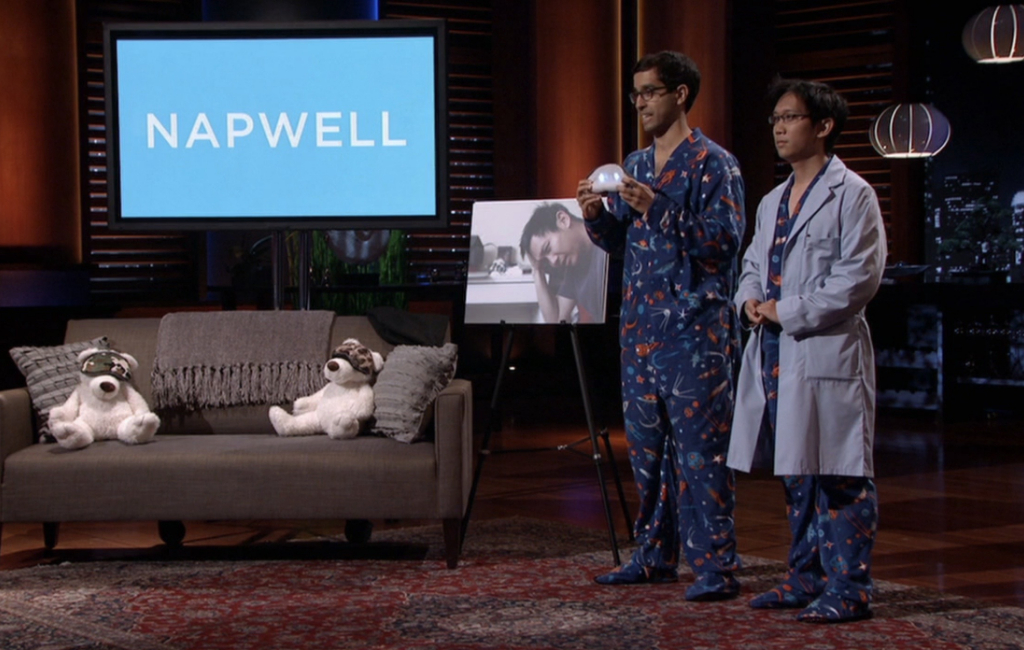
Currently, Justin is pursuing a PhD in a joint program with MIT/Harvard Medical School, focusing on medical engineering and medical physics. Their paths diverged, but the shared interest in solving a prevalent problem brought them back together. The concept for NAPWELL emerged as a response to the widespread issue of sleep inertia, affecting two out of every five people in the U.S. The founders recognized the significance of quality sleep for well-being and productivity and set out to find a solution. The journey from ideation to product involved multiple hypotheses and tests, leading to the creation of the world’s first napping mask.

The founders adopted a startup mindset, treating their entrepreneurial journey as a series of tests. The initial challenge was crafting a physical product, and the prototype marked their success. Subsequent tests involved gauging interest and validating the product through crowdfunding. Their campaign exceeded expectations, raising approximately $52,000 against an initial goal of $30,000. Despite facing questions about their credibility and market strategy during the pitch, Neil and Justin remained steadfast in their belief that NAPWELL could fill a gap in the wearable technology market, helping people nap well and wake up refreshed.
The Product
NAPWELL, the world’s first napping mask, offers a unique approach to optimizing naps and improving overall sleep quality. The mask is designed to combat sleep inertia, the groggy feeling that can result from waking up abruptly during deep sleep.
Users simply set the timer on the mask, and approximately 10 minutes before the intended wake-up time, the device employs lights to simulate a sunrise, gradually waking the user. This method prevents the jarring effects associated with sudden awakenings, such as headaches and decreased productivity.
The NAPWELL mask is not limited to daytime naps; it can also be utilized for nighttime sleep. The gradual brightening of lights mimics a natural waking process, promoting a gentle transition between sleep stages. The founders emphasize the importance of “naptimizing,” falling asleep gently, and waking up feeling refreshed.
Potential users can purchase the NAPWELL mask through various channels, including online platforms. During the pitch, the founders mentioned using crowdfunding to test different price points, ranging from $50 to $150 per unit. This strategy allowed them to gauge market interest and determine the optimal price for their product.

How It Went
The company’s position before Shark Tank
The company’s performance, as of the “Shark Tank” pitch, reflected a promising trajectory, although certain challenges were evident. NAPWELL employed a crowdfunding strategy to validate its product, surpassing its initial goal by raising approximately $52,000, demonstrating a market demand for their innovative napping mask. However, concerns were raised during the pitch regarding the transition from prototype to a successful consumer product, and the sharks questioned the marketing challenges associated with the product.
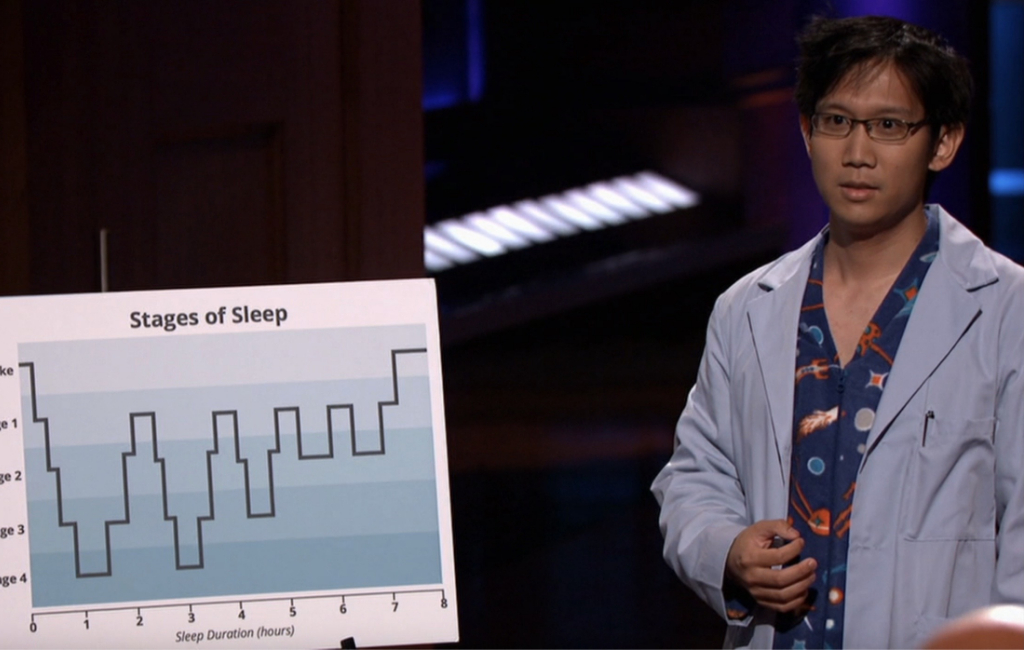
NAPWELL’s primary funding source was crowdfunding, with early backers serving as initial testers for the product. The founders mentioned delivering around 100 masks to these early customers, who documented their experiences and provided valuable feedback. The founders mentioned conducting tests through crowdfunding, using it not only as a funding source but also as a means to gauge market interest and test different price points. NAPWELL’s customer base appeared to be diverse, with early backers from the crowdfunding campaign serving as initial adopters and testers of the product.

The pitch emphasized the potential market for their napping mask, targeting individuals facing challenges with sleep inertia and those seeking to enhance their overall sleep quality. While the pitch showcased the founders’ enthusiasm and confidence in the product’s market potential, the lack of detailed financial information and the absence of a deal with the sharks left some questions regarding the company’s overall health, strategic partnerships, and financial stability unanswered. The company’s structure and long-term growth trajectory remained unclear from the information provided during the pitch.
The Negotiations:
The negotiations for NAPWELL in the “Shark Tank” episode followed a challenging path, ultimately concluding without a deal. Neil and Justin sought a $100,000 investment for a 10% equity stake in their company. Mark Cuban was the first to express reservations, citing concerns about the founders’ lack of experience in bringing a consumer product to market. He opted out of the deal, setting the tone for the other sharks. Other sharks echoed Mark’s sentiments, emphasizing the difficulties associated with marketing a product that might be perceived as a standard sleep mask, which typically sells for a fraction of NAPWELL’s proposed price range.
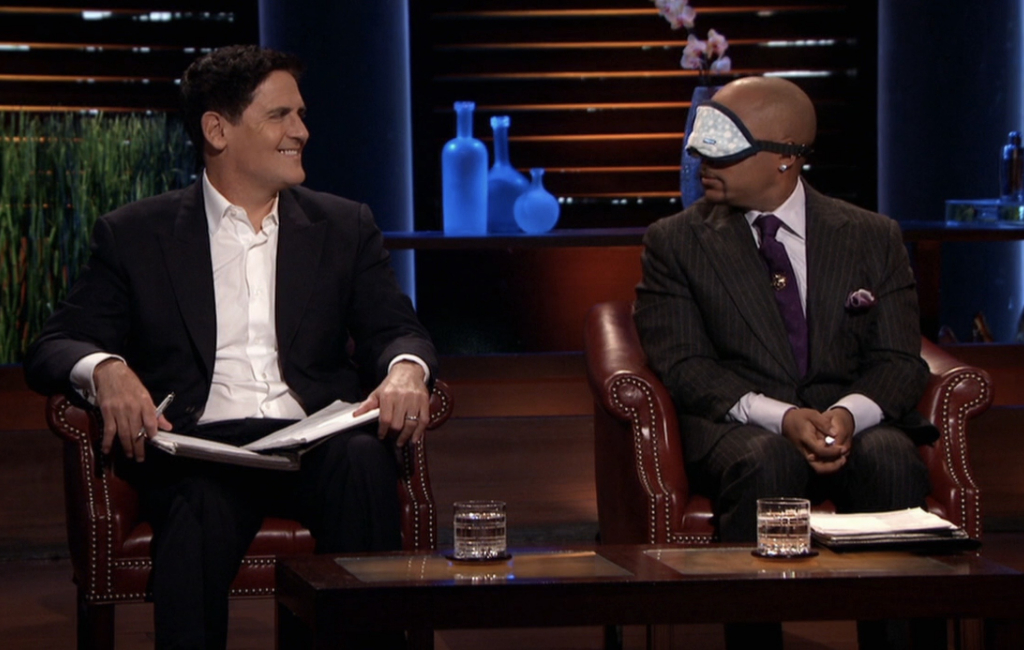
Lori Greiner raised doubts about the market need for a specialized napping mask, stating that most people struggle to fall asleep rather than wake up. Kevin O’Leary and Robert Herjavec highlighted the challenges of transitioning from a prototype to a successful consumer product, particularly in terms of marketing. O’Leary emphasized the arduous task of establishing a business that sells millions of dollars’ worth of product and perceived the marketing aspect as a “task from hell.”
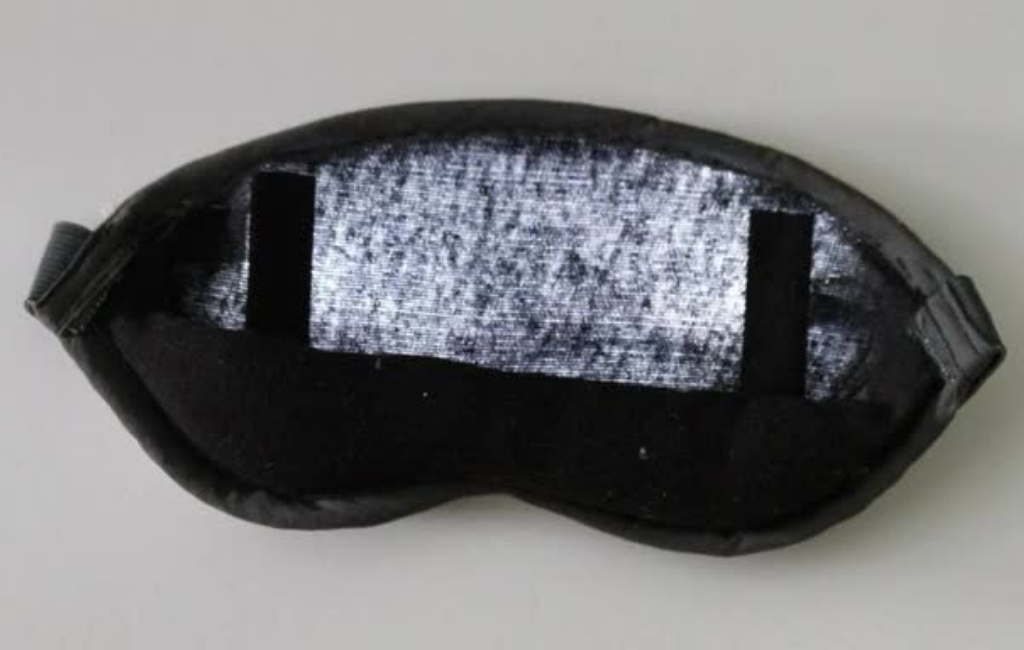
Herjavec and O’Leary both concluded that it was too early for them to invest, leading to their decisions to opt out. Despite the sharks’ concerns, Neil and Justin remained confident in the market demand for their product. The negotiations showcased the tension between the founders’ belief in the potential of NAPWELL and the sharks’ skepticism about the viability of the product in a competitive market. In the end, no deal was struck, leaving the founders to continue their journey independently, determined to prove the market potential of their innovative napping mask.







